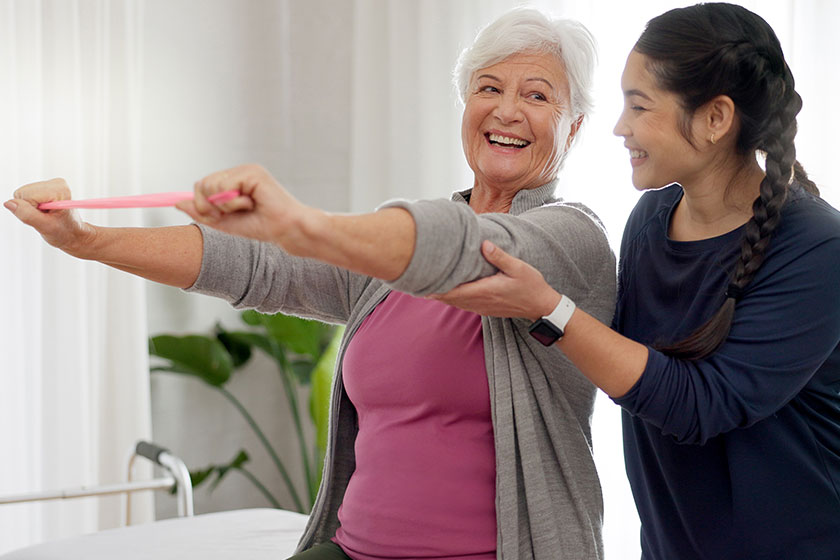As we age, our bodies inevitably undergo various physical changes. Understanding these senior’s physical changes is crucial for maintaining a healthy and active lifestyle. This article explores the common physical transformations that occur in older adults and provides practical advice on how to mitigate these effects.
Understanding Aging: Common Physical Changes in Seniors
Aging can affect nearly all parts of the body. One of the most noticeable areas is the skin, which may become thinner, less elastic, and more susceptible to bruising. Muscle mass tends to decrease, leading to reduced strength and mobility. Bone density can also diminish, increasing the risk of fractures. Additionally, older adults may experience changes in body weight, either increases or decreases, and a reduction in metabolic rate.
Maintaining Muscle Mass and Bone Density
To combat the loss of muscle mass and bone density, regular physical activity is essential. Weight-bearing exercises, such as walking, jogging, or light weightlifting, can help maintain bone health. Resistance training can preserve and even build muscle strength. Aim for at least 150 minutes of moderate aerobic activity or 75 minutes of vigorous activity each week, as recommended by health experts.
Skin Care and Hydration
Proper skin care is vital to manage the aging skin. Use gentle, moisturizing soaps, and avoid hot water that can strip oils from the skin. Applying a daily moisturizer can help keep the skin hydrated and supple. Additionally, staying hydrated by drinking plenty of water contributes to maintaining skin elasticity and overall health.
Healthy Eating Habits
Nutrition plays a critical role in mitigating the effects of aging. A balanced diet rich in fruits, vegetables, lean proteins, and whole grains can provide essential nutrients that support skin health, muscle maintenance, and bone strength. Calcium and vitamin D are particularly important for bone health, so include sources of these nutrients in your diet or consider supplements after consulting with a healthcare provider.
Regular Health Screenings
Regular check-ups with healthcare professionals can help detect and manage potential health issues early. Screenings for bone density, vision, hearing, and other medical assessments become increasingly important with age. Early detection and treatment can prevent complications and improve quality of life.
Mental and Social Well-being
Physical health is closely linked with mental and social well-being. Engaging in social activities, pursuing hobbies, and maintaining relationships can improve mood and cognitive function. Mental exercises and challenges, like puzzles or learning new skills, can also help keep the mind sharp.
Slowing Down Signs of Aging
While senior’s physical changes are a natural part of aging, they don’t have to define the golden years. By adopting a healthy lifestyle, including regular exercise, proper nutrition, and adequate skin care, seniors can slow down the signs of aging and maintain their vitality. Remember, it’s never too late to start making positive changes to improve your health and well-being.







